Indigenous Governance Database
Leadership
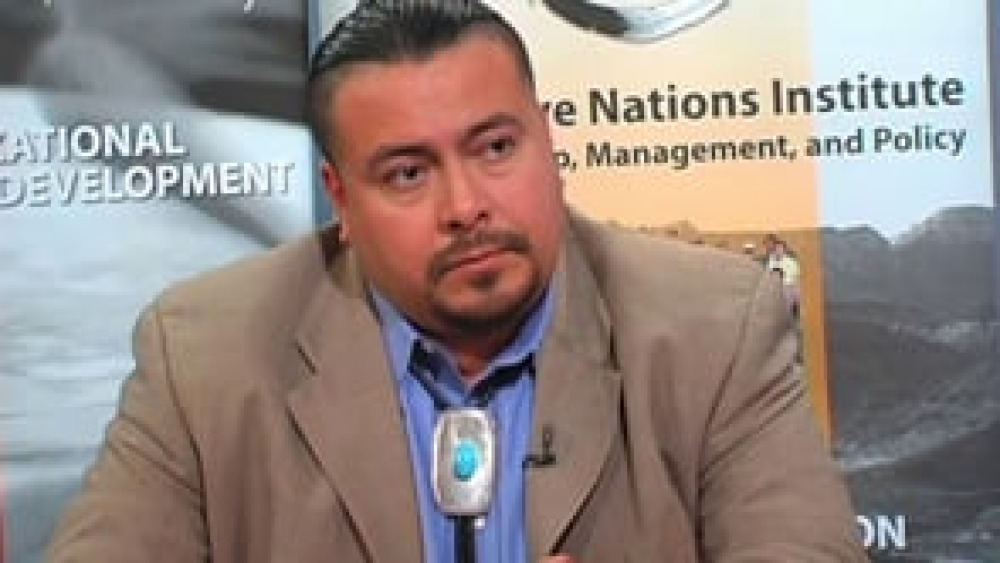
NNI Indigenous Leadership Fellow: Jamie Fullmer (Part 1)
Jamie Fullmer, former chairman of the Yavapai-Apache Nation, discusses the importance of the development of capable governing institutions to Native nations' exercise of sovereignty, and provides an overview of the steps that he and his leadership colleagues took to develop those institutions…

Honoring Nations: Myron Brown: Akimel O'odham/Pee-Posh Youth Council
Former President Myron Brown discusses how the Akimel O'odham/Pee-Posh Youth Council is an example of building a great program in a political setting, and shares how Gila River youth are having their political voice heard through this innovative leadership development mechanism.
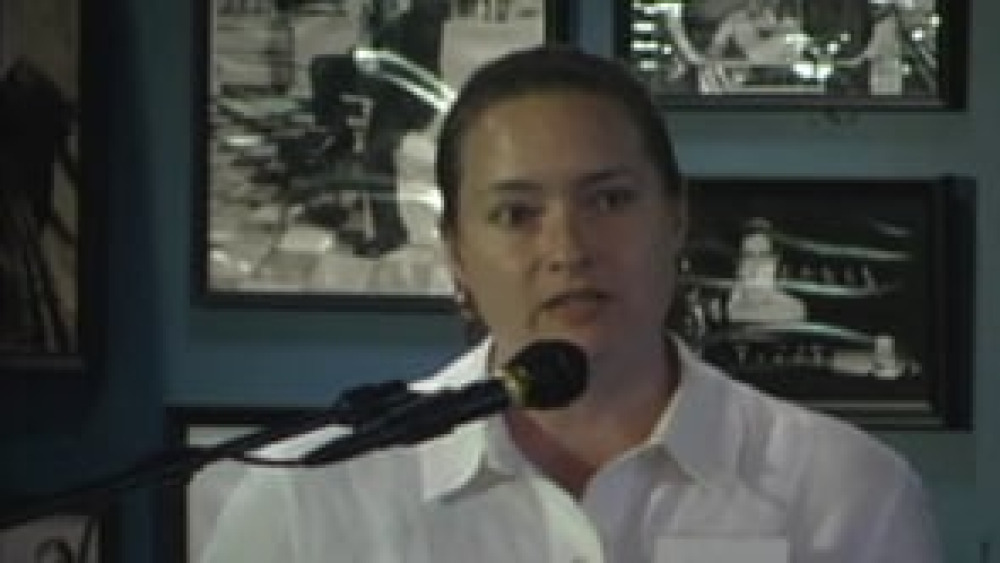
Honoring Nations: Miriam Jorgensen: Lessons to Take Home
NNI Research Director Miriam Jorgensen concludes the 2004 Honoring Nations symposium with her impressions about the lessons learned from the convening, from the great diversity among Native nations to the great strides they are taking when they devise their own solutions to the challenges they face…
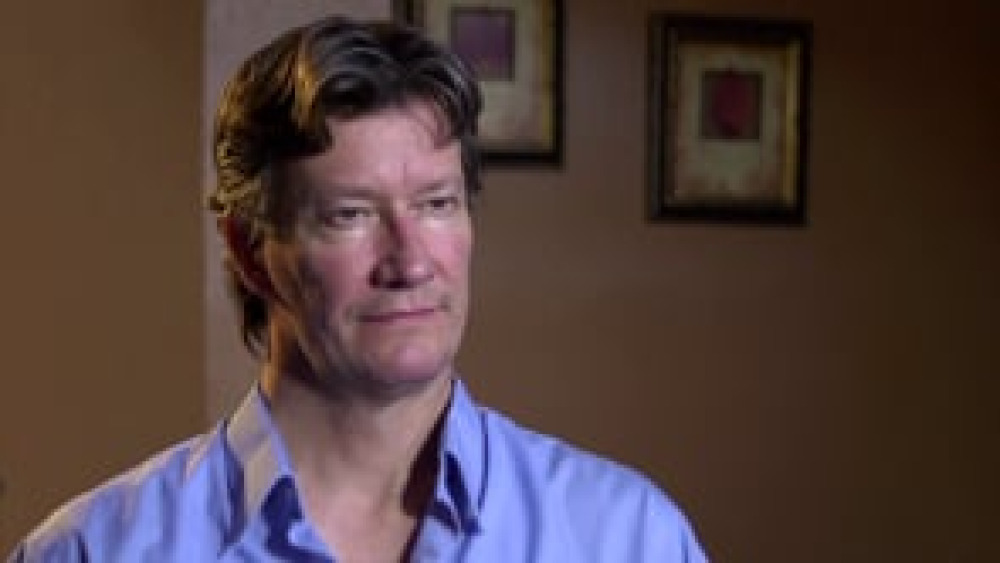
Chris Hall: Cultivating Constitutional Change at Crow Creek
Native Nations Institute's Ian Record conducted an informative interview with Chris Hall, a citizen of the Crow Creek Sioux Tribe and a member of Cohort 4 of the Bush Foundation's Native Nation Rebuilders program. Hall discusses Crow Creek's current effort to reform its constitution and the…
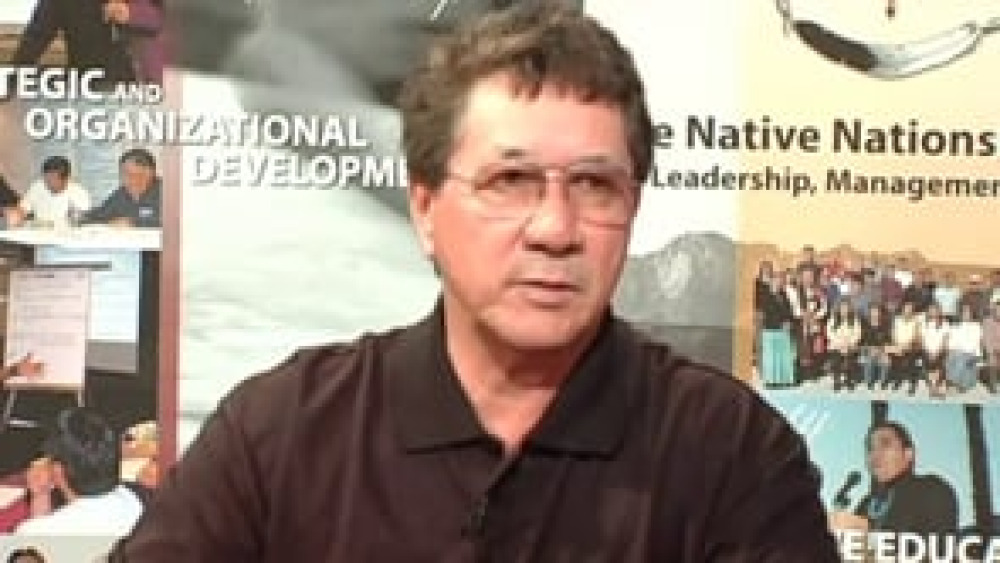
NNI Indigenous Leadership Fellow: Michael Kanentakeron Mitchell (Part 2)
In part two of his Indigenous Leadership Fellow interview, Grand Chief Michael Mitchell of the Mohawk Council of Akwesasne touches on a wide range of nation-building topics, notably the importance of clearly defining the distinct roles and responsibilities of leaders and administrators working on…
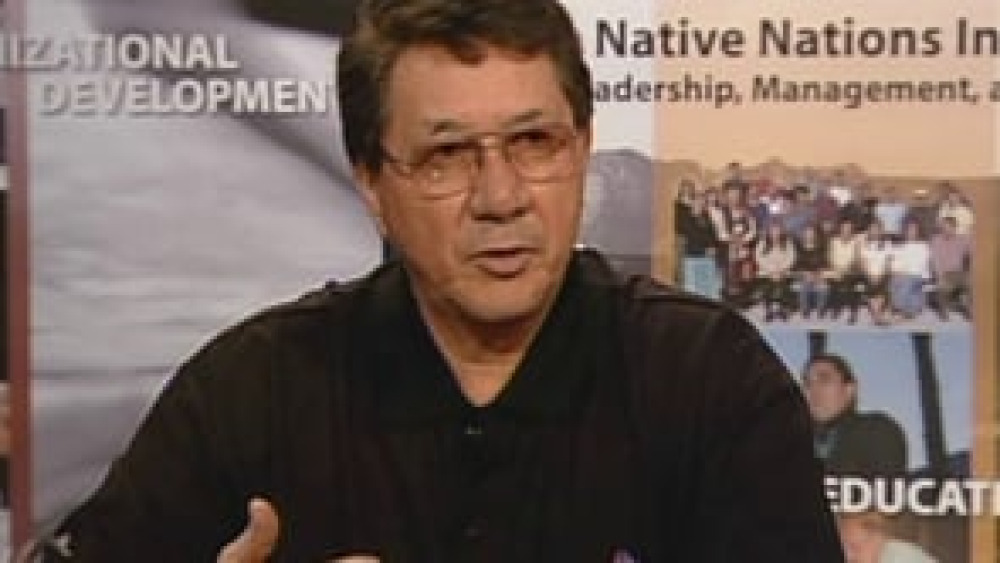
NNI Indigenous Leadership Fellow: Michael Kanentakeron Mitchell (Part 1)
Grand Chief Michael Mitchell of the Mohawk Council of Akwesasne provides an overview of the nation-building work his nation has engaged in over the past four decades, from its decision to move away from the Indian Act to its systematic development of capable governing institutions designed to…

The Rebuilding Native Nations: Strategies for Governance and Development course series
This short video provides a comprehensive overview of NNI's "Rebuilding Native Nations: Strategies for Governance and Development distance-learning course series. The curriculum examines the critical governance and development challenges facing Native nations and surveys the breadth and diversity…
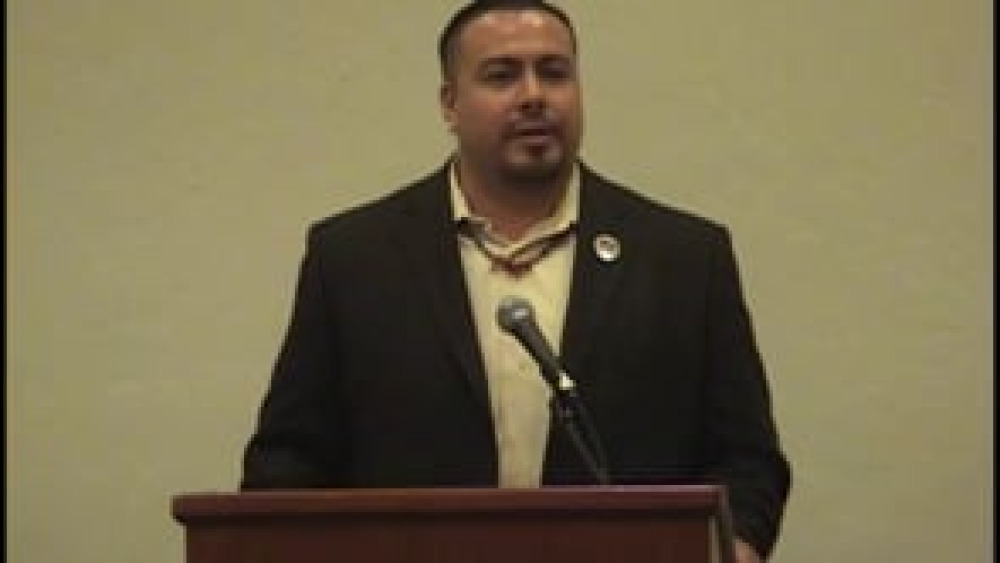
Jamie Fullmer: Taking a Strategic Approach at Yavapai-Apache Nation
Jamie Fullmer, former chairman of the Yavapai-Apache Nation, discusses how his nation developed a strategic approach to tackling its nation-building challenges during his time in office. He stresses the importance of Native nations and leaders conducting comprehensive of the state of their…
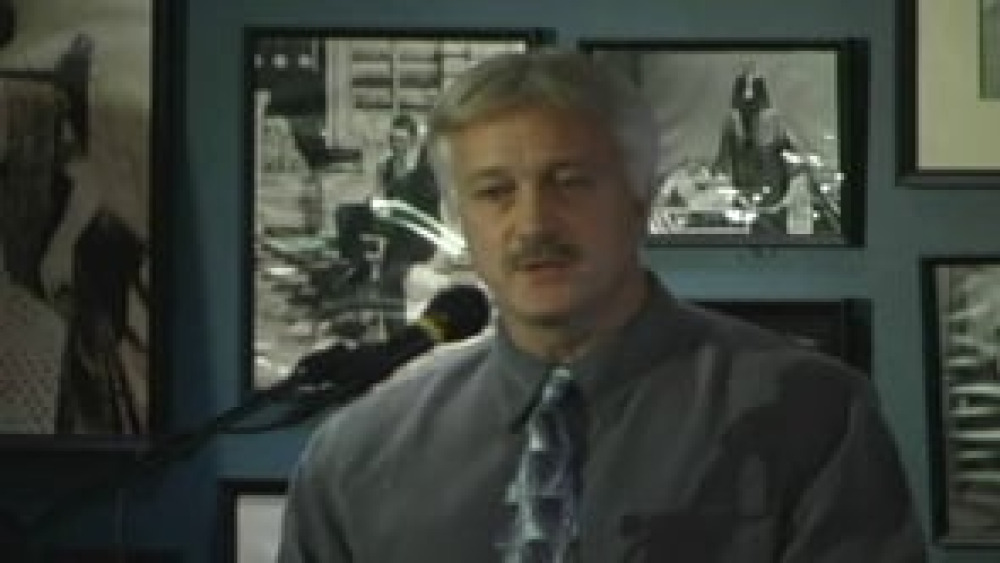
Honoring Nations: Rick George: The Umatilla Basin Salmon Recovery Project: Building on Success
Rick George, former Program Manager for Rights Protection and Environmental Planning with the Confederated tribes of the Umatilla Indian Reservation, shares what he sees as the foundational characteristics of the Umatilla Basin Salmon Recovery Project and other examples of successful, sustainable…
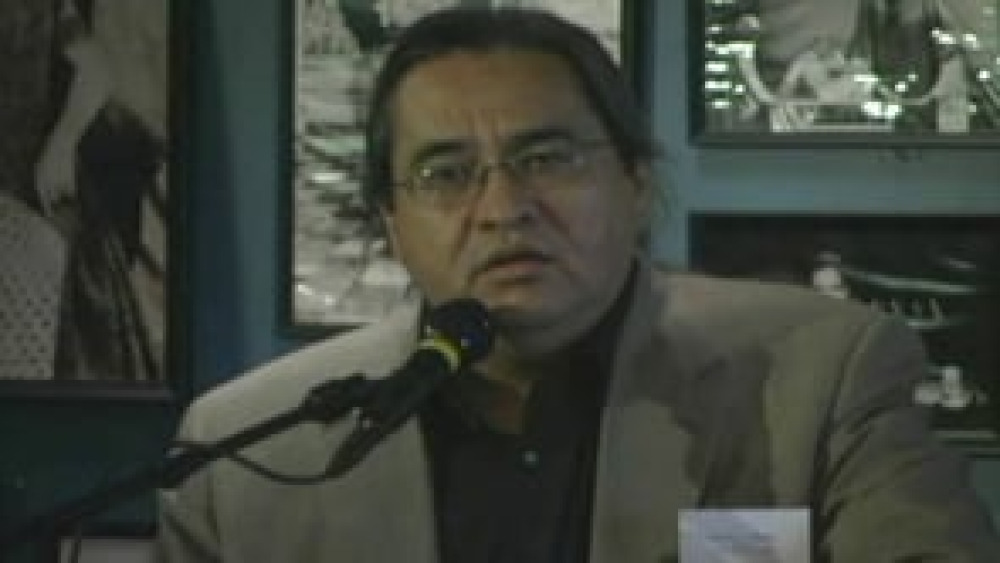
Honoring Nations: Manley Begay: So You Have a Great Program...Now What?!
"Forward-thinking" is often used to describe innovative programs. In remarks designed to frame the symposium session "So You Have a Great Program...Now What?!", Manley A. Begay, Jr. talks about strategic orientation, planning, and implementation as critical to sustaining the success of tribal…
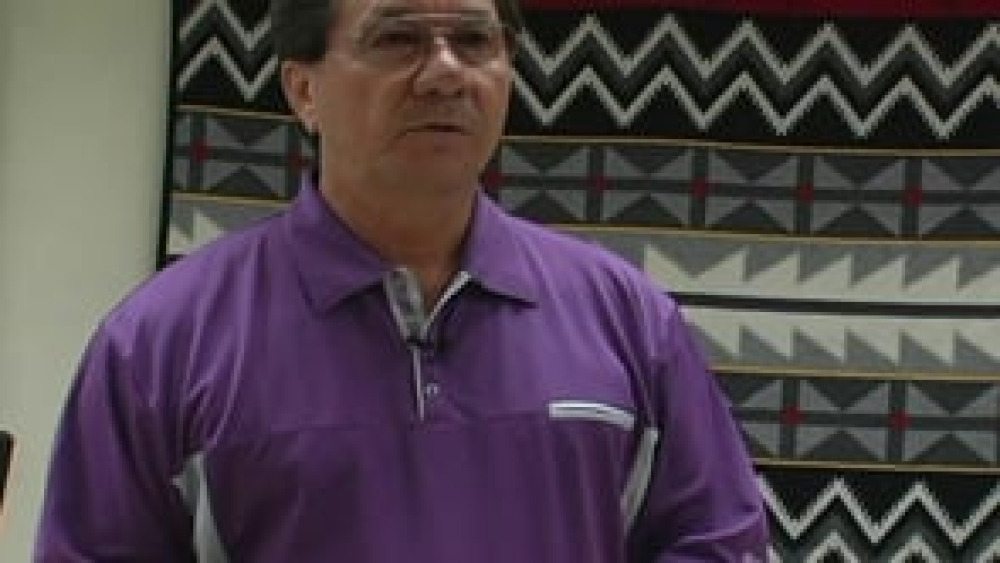
Michael K. Mitchell: A History of the Akwesasne Mohawk
Grand Chief Michael Mitchell of the Mohawk Council of Akwesasne offers students a broad overview of the governance history of the Akwesasne Mohawk and the efforts his people have made during his time in office to exercise true self-governance and rebuild their nation.
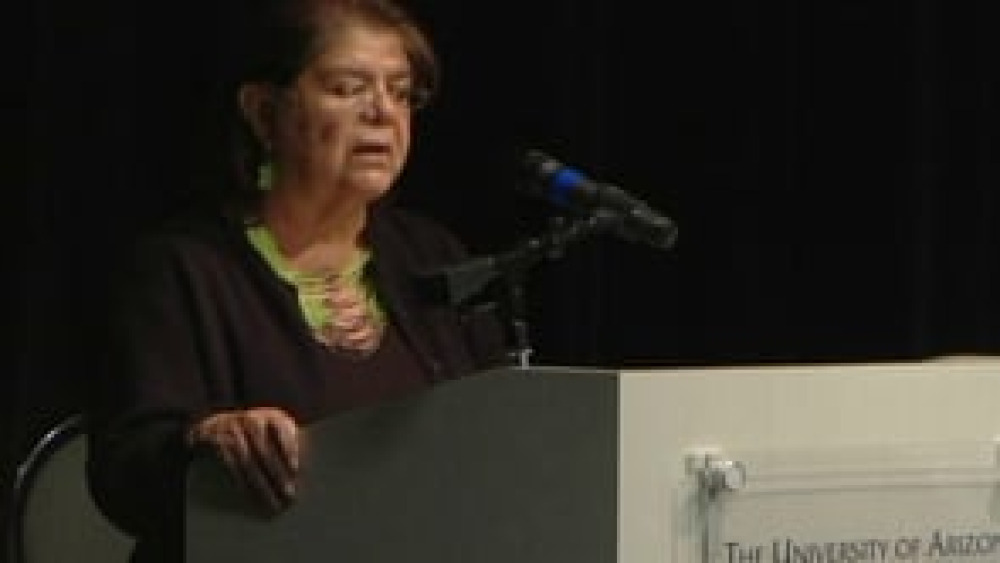
Wilma Mankiller: What it Means to be an Indigenous Person in the 21st Century: A Cherokee Woman's Perspective
Former Principal Chief of the Cherokee Nation Wilma Mankiller discusses the common misperceptions that people have about Indigenous people in the 21st century, and the efforts of Indigenous peoples to maintain their identity, cultures, values, and ways of life.
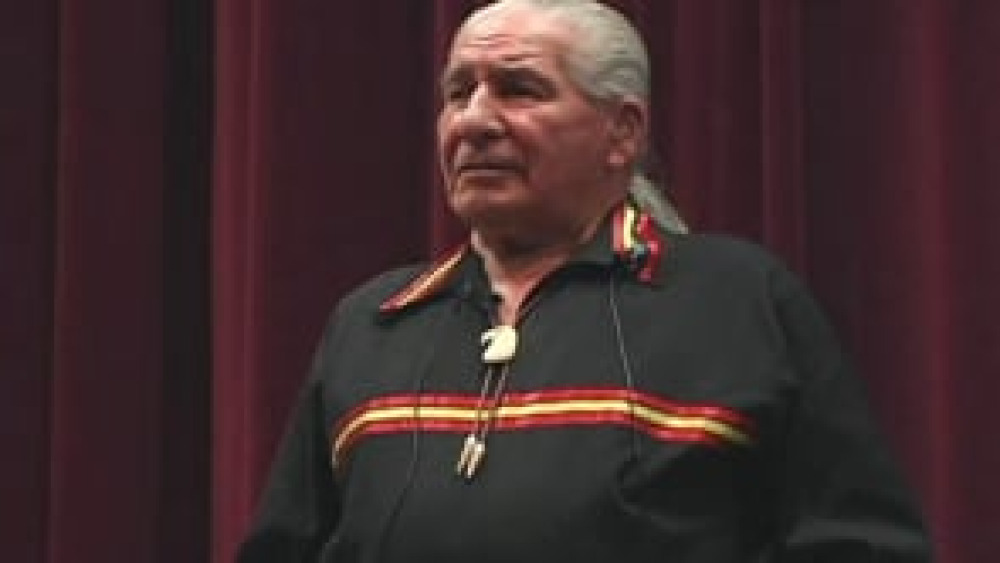
Oren Lyons: Looking Toward the Seventh Generation
Onondaga Chief and Faithkeeper Oren Lyons discusses the increasingly urgent issues of global warming and climate change and points to Indigenous peoples, their core values, and their reciprocal relationships to the natural world as sources of instruction for human beings to heed in order to combat…
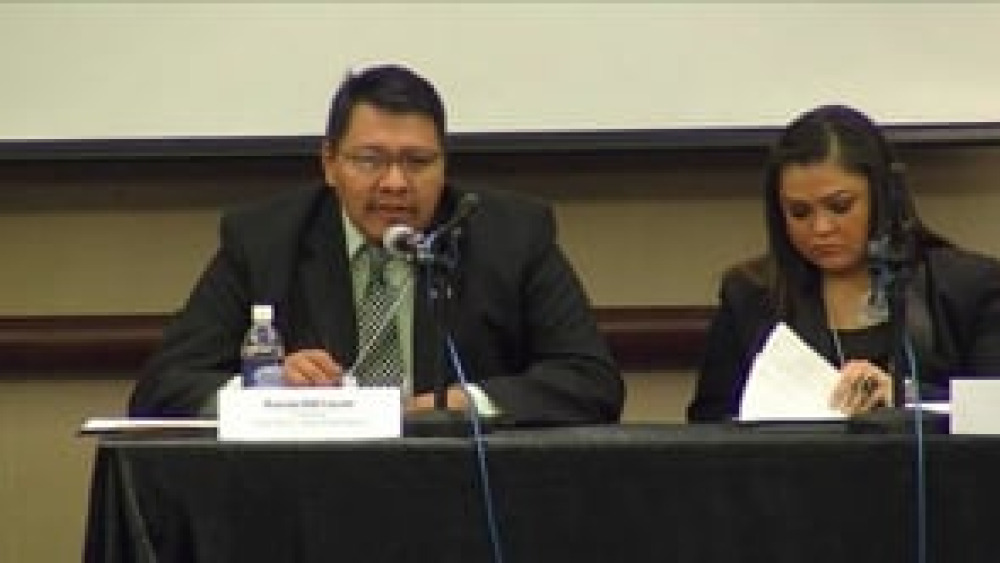
Jamie Fullmer, Rebecca Miles and Darrin Old Coyote: Our Leadership Experiences, Challenges, and Advice
Jamie Fullmer (former Chairman of the Yavapai-Apache Nation), Rebecca Miles (Executive Director and former Chairwoman of the Nez Perce Tribe) and Darrin Old Coyote (Chairman of the Crow Tribe) share what they wished they knew before they took office, the greatest leadership challenges they have…
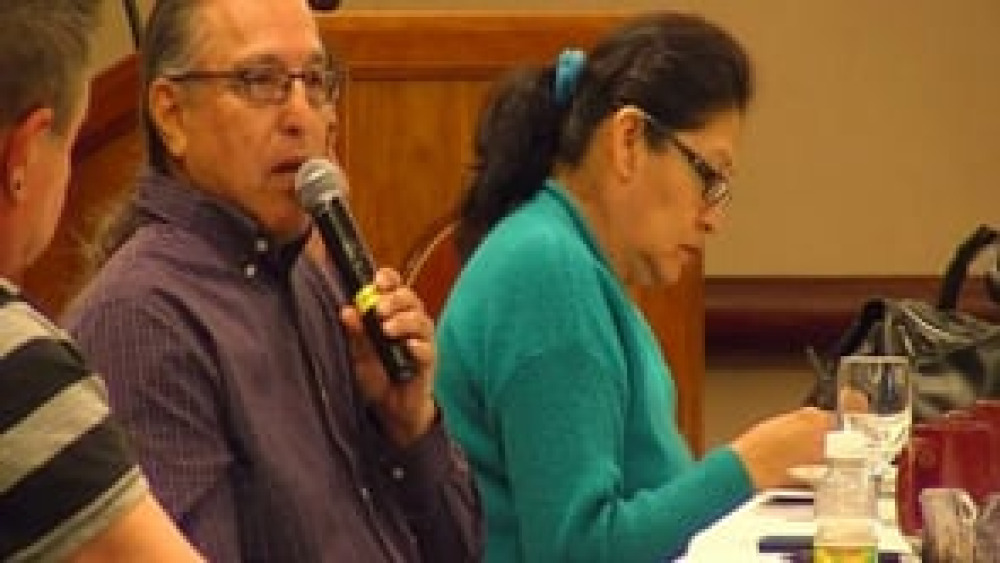
Jamie Fullmer, Rebecca Miles and Darrin Old Coyote: Our Leadership Experiences, Challenges, and Advice (Q&A)
Jamie Fullmer (former Chairman of the Yavapai-Apache Nation), Rebecca Miles (Executive Director and former Chairwoman of the Nez Perce Tribe) and Darrin Old Coyote (Chairman of the Crow Tribe) field questions from seminar participants about how they have negotiated the fundamental challenges of…
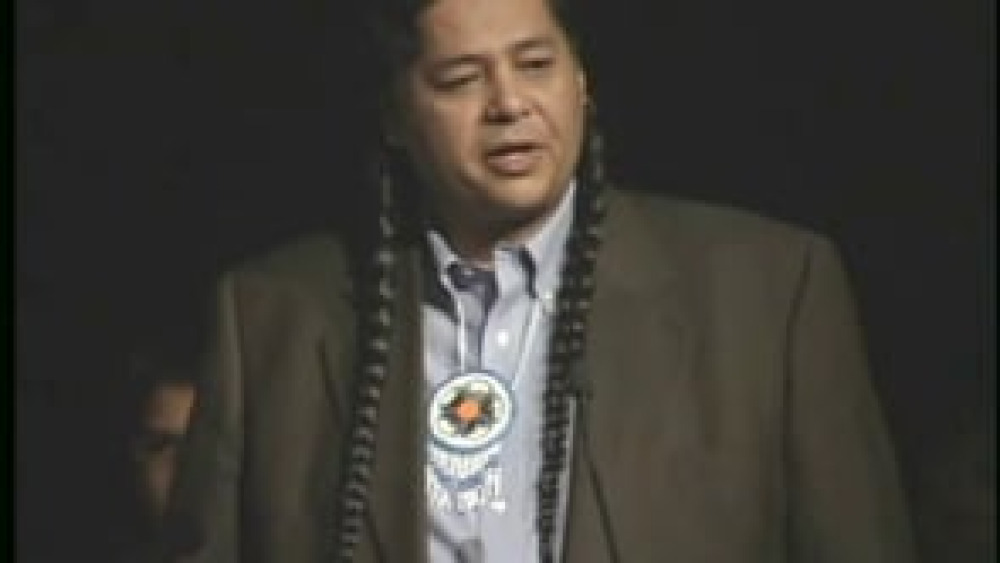
Honoring Nations: Lee Sprague: Migizi Business Camp
Lee Sprague (Little River Band of Ottawa Indians) presents an overview of the Migizi Business Camp to the Honoring Nations Board of Governors in conjunction with the 2005 Honoring Nations Awards.
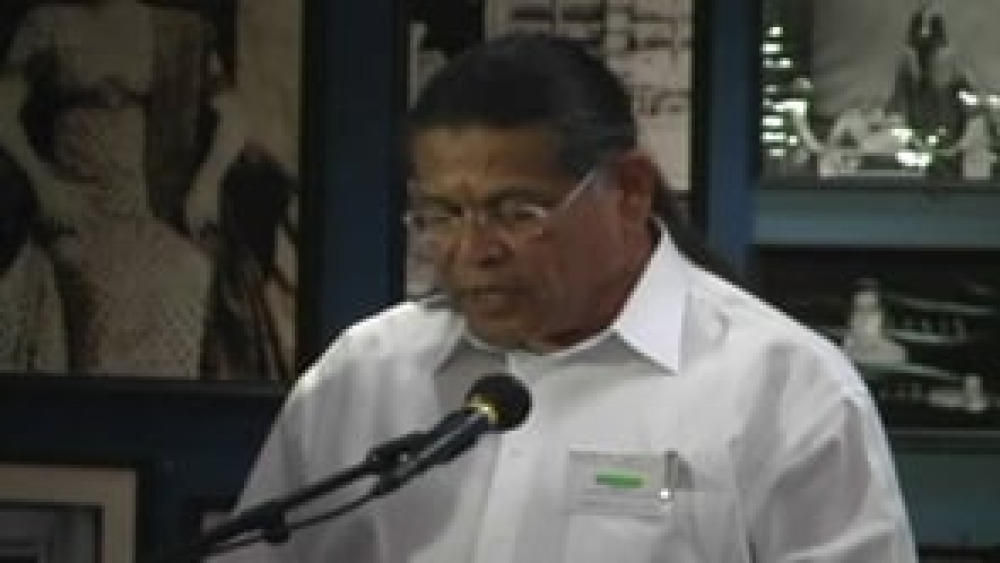
Honoring Nations: Anthony Pico: Building On the Success of Nation-Owned Enterprises
Anthony Pico, the longtime chairman of the Viejas Band of Kumeyaay Indians, discusses the larger purposes of economic development for Native nations, why it is important for nations leverage their gaming successes via the cultivation of other nation-owned enterprises and citizen-owned businesses,…
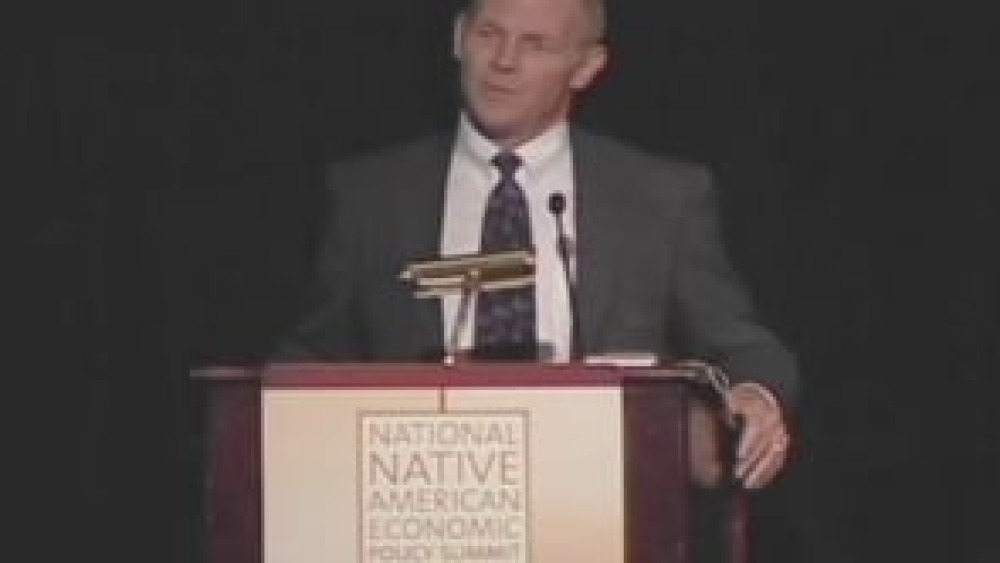
National Native American Economic Policy Summit: Joseph P. Kalt: Lessons from Indian Country
The National Native American Economic Policy Summit was held in Phoenix, Arizona, May 15-17, 2007, with more than 500 key stakeholders gathering to discuss the challenges to growing healthy, vibrant Native economies. In addition to identifying challenges, participants were asked to recommend…
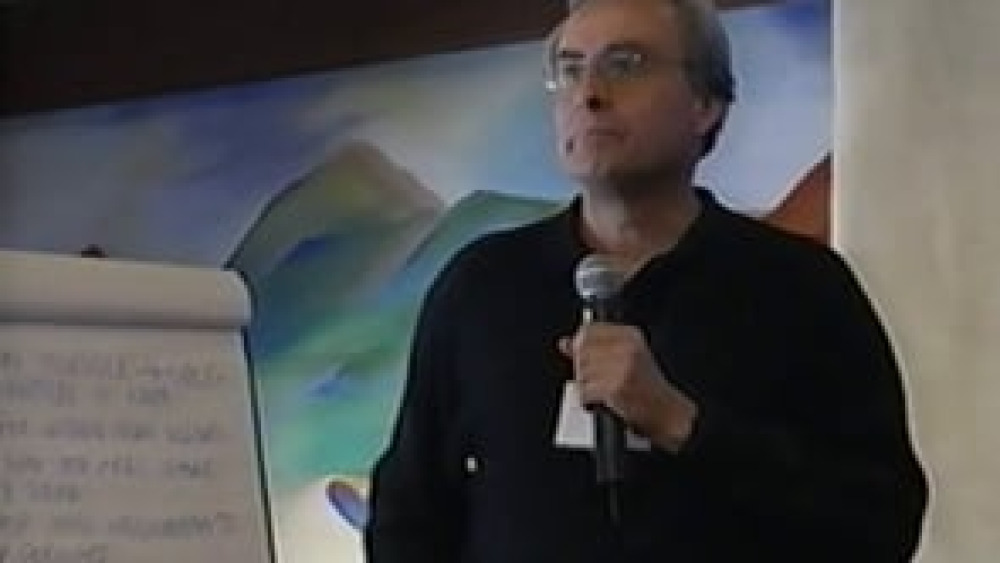
Honoring Nations: Roger Boyd: Economic and Community Development
Economic development specialist Roger Boyd (Navajo) reports back to his fellow Honoring Nations symposium participants the consensus from his group regarding some strategies that Native nations should think about and pursue in order to build a sustainable framework for economic development.
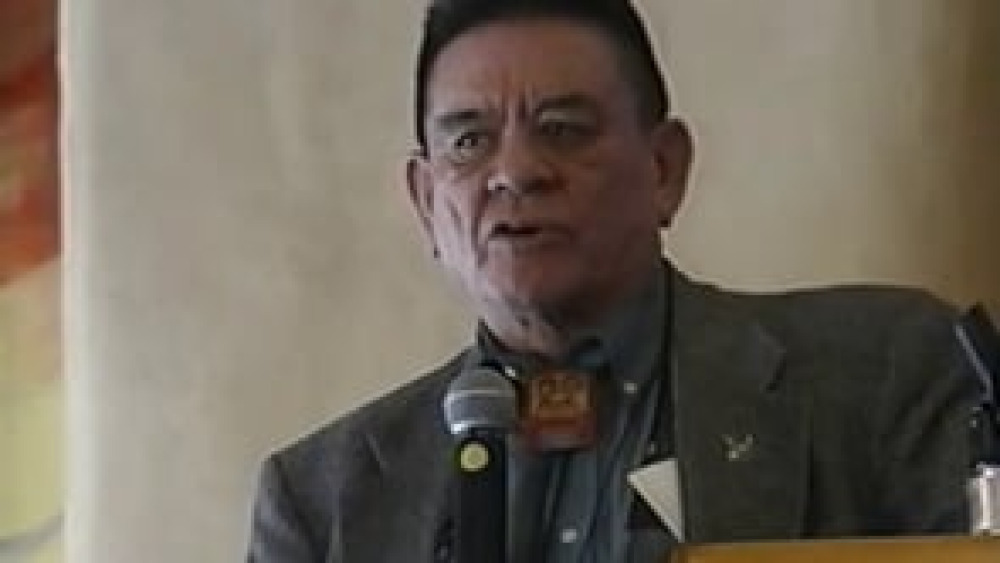
Honoring Nations: John McCoy: Intergovernmental Relations
John McCoy of the Tulalip Tribes offers advice to session participants about how to communicate tribal priorities in the intergovernmental law and policy arenas.
